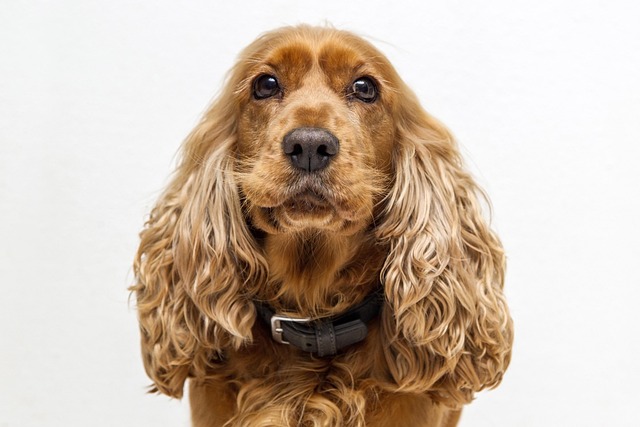
How do i train my dog to be obedient?
Watching your dog dart across the park ignoring your calls isn’t just frustrating—it can put them at risk near busy streets or public spaces.
Cocker spaniel puppies are bundles of energy with a knack for exploring the world through their mouths—those sharp little teeth can turn playtime into a yip-and-nudge affair that, while cute at first, needs gentle guidance. Biting is normal for them, a way to learn about textures and boundaries, but teaching them to curb that urge is key to building a safe, happy relationship. It’s not just about avoiding nips on your hands; it’s about helping them grow into well-mannered dogs who understand what’s okay to sink their teeth into.
Start by turning every interaction into a lesson in what’s acceptable. When your cocker spaniel puppy goes for your fingers during play, let out a soft “ouch” to mimic how their littermates would react—they learn quickly that too-hard bites pause the fun. Then, immediately offer a chew toy or a rope to redirect that energy. Praise them warmly when they latch onto the toy instead, maybe with a tiny treat or extra pets. This positive reinforcement helps them connect “gentle” with good things, making them more likely to repeat the behavior. Consistency here is everything; mixed signals will only confuse those bright little minds.
Avoid the urge to scold or tap their nose—those methods can make your puppy anxious or even more eager to test boundaries. Cocker spaniels are sensitive souls, and fear-based training might lead to skittishness or, worse, defensive biting down the line. Instead, keep sessions short and upbeat, matching their short attention spans. If they get overexcited and start nipping more, take a 30-second break—walk away calmly, no eye contact—and let them settle. They’ll soon learn that calm play keeps the interaction going, while rough biting ends it.
 Socialization plays a big role too. Letting your cocker spaniel puppy meet other vaccinated dogs and friendly people (always in controlled, safe settings, of course) teaches them how to interact without resorting to biting. Puppy classes are great for this—they get to play, learn bite inhibition from peers, and you’ll pick up tips from trainers who know the breed’s quirks. Just make sure any group activities follow local guidelines on animal welfare to keep everyone safe, including your pup.
Socialization plays a big role too. Letting your cocker spaniel puppy meet other vaccinated dogs and friendly people (always in controlled, safe settings, of course) teaches them how to interact without resorting to biting. Puppy classes are great for this—they get to play, learn bite inhibition from peers, and you’ll pick up tips from trainers who know the breed’s quirks. Just make sure any group activities follow local guidelines on animal welfare to keep everyone safe, including your pup.
Remember, puppies learn at their own pace. A cocker spaniel might catch on in a week, or it might take a few months—don’t rush. Keep a stash of their favorite toys handy for those moments when they’re feeling extra mouthy, and celebrate small wins: a gentle nuzzle instead of a bite, dropping a toy when you ask. Over time, those little successes add up to a dog who knows how to play nicely, whether with kids, other pets, or just you on the couch.
Training a cocker spaniel puppy not to bite is about patience, kindness, and understanding their needs. It’s not about stopping their curiosity—it’s about channeling it in ways that work for both of you. With time, those sharp nips will turn into soft licks, and playtime will become a joy instead of a chore.

Watching your dog dart across the park ignoring your calls isn’t just frustrating—it can put them at risk near busy streets or public spaces.

New puppy owners often find themselves rushing to clean up accidents before they set in, and that’s where puppy pad training becomes a game-changer.

If you've noticed your dog's waistline disappearing and your veterinarian has mentioned those few extra pounds, your first instinct might be to simply reduce the amount of food in their bowl.

Training a dog to use a designated spot indoors isn’t as daunting as many new owners fear, but it does take consistency and an understanding of your pet’s needs.

That moment of dread on a walk is all too familiar for many new dog owners. You see another dog approaching down the sidewalk of your neighborhood

If the sight of another dog on your neighborhood walk makes your heart sink as your own dog erupts into a frenzy of barking and lunging, you're not alone.